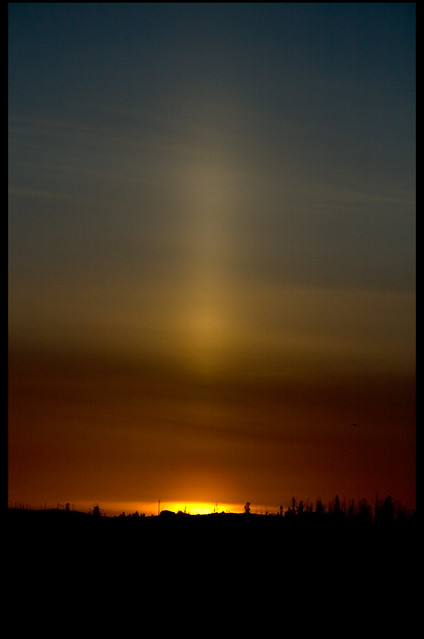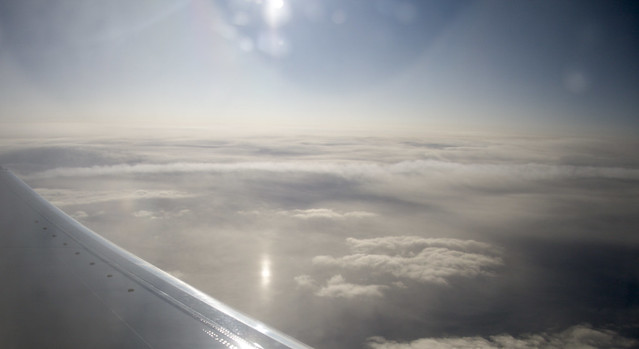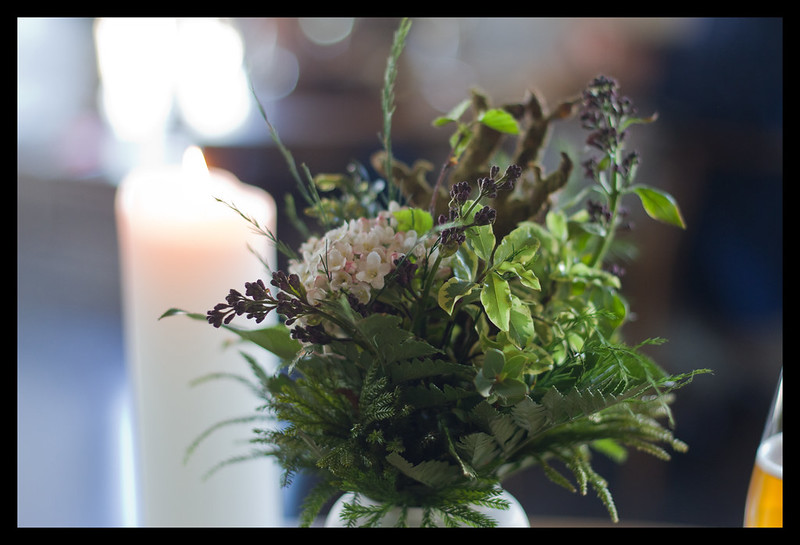Machine Learning in Kyoto
24 hours after landing in Munich from another long-haul flight, and a quick laundry trip later I was back on a flight to Osaka, to attend the Machine Learning Summer School in one of my favourite cities, Kyoto. I'd spent about six weeks in Kyoto before and had found it not only beautiful but also one of the most relaxing cities on Earth. I had spent an extremely constructive few weeks working late into the night in cafes and the Yukawa institute, where somehow the surrounding temples brought and amazing peacefulness to my work, and while it was feverish at times (waking through the night thinking in code) it was always in a zone which I've achieved on very few other occasions.
This time was also amazing, but not peaceful in the same sense as before. With 300 participants from 50 countries, the machine learning summer school was a boot camp in theoretical machine learning, with 7-8 hours of intense lectures every day. I was there to pick up some new skills to add to my arsenal to solve complex computer problems. It was a fascinating couple of weeks and while the lectures were far less applied than I was hoping, I still picked up a lot of useful new information, many great academic contacts and a few good friends along the way.
Kyoto was a balmy 35 degrees most days and cycling around by bike was the best way to tame the humidity and temperature with a good breeze. I was reminded once again how much I love to cycle around unknown streets and I did a good deal of sightseeing at the weekends and in the evenings, when I wasn't simply exploring the food.
Having read The Hare with Amber Eyes last year I was keen to see the Netsuke museum which was near to the flat of the couchsurfer that I stayed with for the first two days. Sadly it was closed, but nearby there was a fascinating gallery detailing the history and techniques behind the kimono, a more intricate artistry than I had ever imagined, and something that is worth checking out if you're ever there.
The one temple I most wanted to get back to was Kinkakuji, the Golden Temple, nestled into the hills on the outskirts of the city. I'd been there twice before but the sheer ridiculousness of this place requires a good few viewing to really take it in.
I spent a couple of hours happily snapping away as tourist groups piled past. Sadly the opening times and sunsets in Kyoto didn't coincide but still, the conditions were pretty good for some HDR shots from under the trees:




The end of the summer school saw a rather fine Italian/Japanese banquet as well as a cultural performance. I was expecting to enjoy it as the traditional artforms I've seen in the past, Kabuki in particular, I've enormously enjoyed. However, this was a performance of Geiko (Geisha from the West of Japan) and Maiko (trainee Geiko). As soon as it started however I felt incredibly uncomfortable. This may partly be that I was projecting my own cultural perspective on it and not appreciating the details of this important part of Japanese culture, but the movements and looks felt so incredibly subservient from the women dancing in front of a crowd of mostly men, that I felt immediately wrong to be watching it. I went outside to think for a while as the performance continued but I haven't yet come to terms with quite what was going on. I'd be very interested in hearing the thoughts of a Japanese person with a good exposure to Western culture for them to be able to tell me how they see it. This time in Japan there were a few things that felt very strange, from the incredibly sexualised hello kitty young girls to the immediate hierarchy you feel when going into a shop where everybody greets you and bows to you. I like to be as open to cultural habits and ideas as I can be, but while I love many things about Japan, there are some things that do make me feel uncomfortable - this is a strange position for me to find myself in.
After the two week Machine Learning school it was straight into a few days at the Yukawa institute where I was giving some talks about my research (hopefully coming out this week!) and a colloquium on atmospheric optics. A good time talking with Shin Nakamura and Tadashi Takayanagi and I was back on the plane to Munich again, another couple of weeks in Munich and then off to China, but China will have to wait till next time...
















